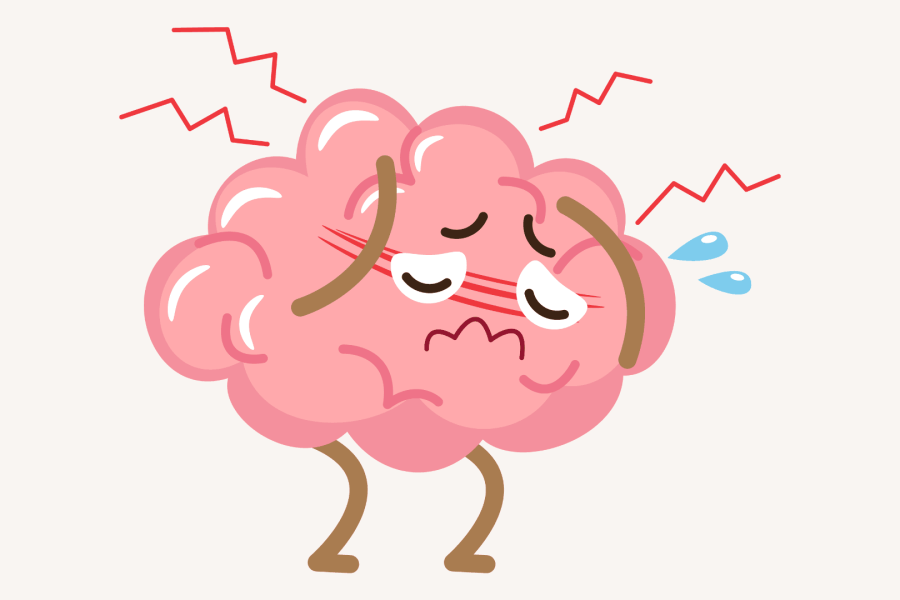Significant growth occurs during sleep, particularly in children. As the body rests, the brain undertakes a complex and dynamic process each night. Rather than remaining dormant, it actively engages in essential functions that support overall well-being and cognitive health. In this post, we will delve deeper into five key processes that take place in the brain while we sleep.
Memory Consolidation:
Memory consolidation during sleep is both a very complex process and also a very interesting one that unfolds across different sleep stages. To revisit the different sleep stages, check out ‘Navigating the 4-month sleep regression: A paren’t guide.’ During slow-wave sleep, the hippocampus revisits the day’s experiences, transferring information to the neocortex, where long-term memories take shape.
During REM sleep, your brain connects new memories with what you already know, helping with creativity and problem-solving. Different sleep stages work together to strengthen learning and memory, making a full night’s rest essential for keeping information fresh and useful.
According to this research paper, ‘Sleep-dependent memory consolidation in young and aged brains‘, young children are very prone to memory loss and in order for memory to consolidate comes down to sleep. It further discusses the critical relationship between sleep and memory consolidation in infants. It highlights that sleep plays a vital role in helping infants process and retain new information. Specifically, infants who are allowed to sleep after learning new tasks show significantly better memory consolidation compared to those who remain awake. This underscores the importance of adequate sleep for cognitive development in young children. Overall, the findings emphasise that proper sleep not only supports physical health in infants but is also essential for their learning and memory capabilities.

The Brain’s Detoxification Process Working at Full Capacity
The glymphatic system (brain’s waste removal system) works better while we sleep. Studies have found that the brain cells shrink significantly during sleep, creating up to 60% more space between them. This extra space helps the brain get rid of waste, including harmful proteins that can lead to brain diseases. This process is vital for keeping our thinking sharp and avoiding long-term problems.
Synaptic Pruning: Mastering the Art of Brain Optimisation
Synaptic pruning is a natural process that happens in the brain from early childhood to adulthood. During this process, the brain removes extra synapses, which are the structures that allow neurons to send signals to each other. This pruning is more than just getting rid of unnecessary connections; it helps our brains work better.
While we sleep, especially during REM sleep, our brains assess which connections are strong and useful. By eliminating weaker synapses, our brains improve their ability to process information, learn, and create memories. Sleep plays an important role in this process, as it not only strengthens some connections but also creates new ones. This is especially important when we are young, but it continues to benefit us throughout our lives by helping us learn and adapt to new experiences.
Emotional Regulation
Typically, when interacting with toddlers and older children, parents often mention that their tantrums can be quite intense and their energy levels are high. A significant factor contributing to these emotional outbursts is insufficient unconsolidated sleep.
According to this research paper ‘Associations of sleep and emotion regulation processes in childhood and adolescence – a systematic review, report of methodological challenges and future directions‘ sleep and emotions work hand in hand. If you think about yourself, if you are not well rested you become on edge, easily annoyed, snappy and so on.
This paper highlights a significant point and finding that ‘about 15%-30% of children and adolescents experience difficulties with sleep, characterised by symptoms of insomnia such as sleep onset delay or prolonged nocturnal awakenings, and poor sleep quality’. This is concerning because sleep is critical for how we handle our emotions and leads to an increase in anxiety disorders.
While we sleep, especially during REM sleep, our brain works on our emotional experiences, making them feel less intense. This process is known as emotional regulation and helps lessen the effects of stress or trauma. Good sleep also helps us become stronger emotionally, so we can deal with new challenges more calmly.

Understanding Brainwave Reorganisation and Its Effects
We all go through what is known as sleep cycles and within those sleep cycles there are different stages of sleep. These different stages of sleep are marked by specific brain wave patters, each different than the other. For example, theta waves, linked to REM sleep helps with memory and creativity whereas delta waves occurs during deep sleep and is important for emotional wellbeing, healing and restoring the body. So ensuring our bodies have the opportunity to go through these stages and reprocess is key.
In conclusion
Every night, our brain goes through a complex and vital process during sleep, filled with activities that support our mental and emotional well-being. From strengthening memories to adjusting connections in the brain, what happens during sleep is just as important as what happens when we are awake.
Understanding the importance of sleep and how it influences our day to day life can only emphasise the importance of quality sleep. By prioritising sleep for ourselves and more so our children we are giving their brains the opportunity to do what it is supposed to do – improving overall mental health, cognitive abilities and emotions.

